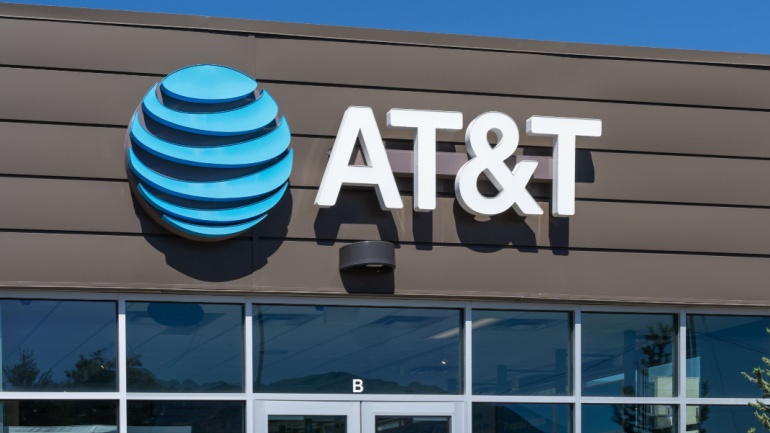The FCC has approved $9 billion in subsidies to boost 5G services in rural areas through the 5G Fund for Rural America. This initiative aims to bridge the digital divide by providing advanced mobile connectivity where it’s economically unviable.
AT&T has been fined $950,000 by the FCC for failing to deliver over 400 emergency 911 calls during a one-hour outage in August 2023. The incident, affecting multiple states, led to a compliance plan to improve reliability. The FCC continues to scrutinize similar failures, highlighting the importance of maintaining robust emergency call systems.
The Federal Communications Commission (FCC) has proposed new rules for AI-generated robocalls and texts. Aiming for transparency, the FCC mandates prior consumer consent and clear AI-generated disclosure for each message. This initiative seeks to protect consumers from scams while exploring AI’s positive applications, such as aiding people with disabilities.
The FCC’s new Mobile Speed Test app is revolutionizing the accuracy of the National Broadband Map. This advanced app replaces the old FCC Speed Test app and introduces hands-free testing while driving, enhancing user convenience. Accurate broadband data is essential for programs like BEAD, making this app a game-changer.
In a letter addressed to Congress, Rosenworcel highlighted that the Reimbursement Program would require approximately $4.98 billion to cover all “reasonable and supported” cost estimates in approved applications. This starkly contrasts with the current appropriation of $1.9 billion, resulting in a notable deficit.
The Federal Communications Commission (FCC) has issued fines totaling $196 million to major US telecommunications operators for unlawfully sharing customers’ location data. This action comes more than five years after the violation was initially exposed.
Come April 10, as Federal Communications Commission’s new rules take effect, ISPs with over 100,000 subscribers will have to display ‘nutrition’ labels detailing broadband plans. These labels will reveal data about costs, speed, privacy, and more – boosting transparency. However, this also poses administrative challenges for ISPs, especially when changes occur.
The US Federal Communications Commission (FCC) is gearing up for a pivotal vote on April 25 to reinstate net neutrality, a move that has stirred controversy, particularly among Republican commissioners.
SpaceX has hit a roadblock in its ambitious plan to connect consumer devices directly to its next-generation Starlink satellites, as the FCC rejected its request to utilize the 1.6 GHz, 2 GHz, and 2.4 GHz bands. The regulatory agency has halted SpaceX’s bid citing their current policy on limiting new entrants to these bands.
The Federal Communications Commission (FCC) has breathed new life into a stalled initiative aimed at extending 5G network coverage to America’s rural areas. The rejuvenated program, named the 5G Fund for Rural America, seeks to allocate $9 billion over the next decade to bring 5G connectivity to 14 million homes and businesses in regions currently overlooked by operators due to financial impracticalities.













